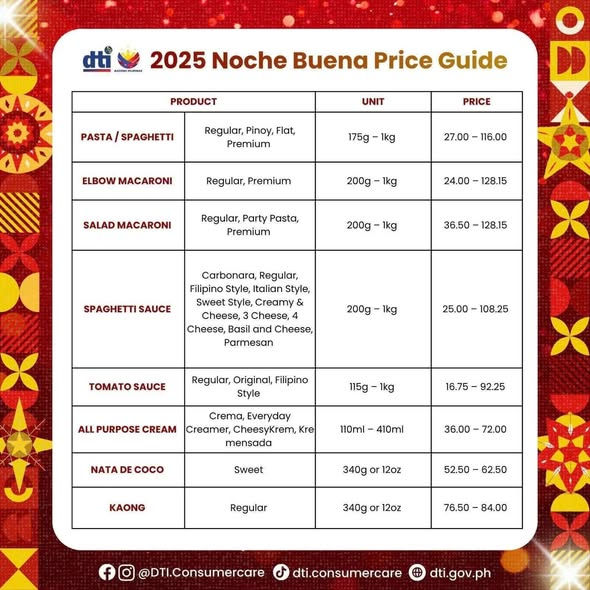- Ziggurat Realestatecorp

- Dec 6, 2025
- 1 min read
Inflation in the Philippines eased more than expected in November due to a decline in food prices, the statistics agency said on Friday, giving the central bank policy room to maneuver.
The consumer price index rose 1.5% in November from a year earlier, below the previous month’s 1.7% rise and a 1.6% median forecast in a Reuters poll.
That brought the year-to-date average to 1.6%, below the central bank’s target of 2% to 4%.
Core inflation, which excludes volatile food and energy prices, also slowed to 2.4% from 2.5% in October.
Last month’s slower inflation, driven by a 0.3% decline in food prices, may give the central bank flexibility when it reviews its policy on December 11.
Bangko Sentral ng Pilipinas Governor Eli Remolona said on December 3 that the odds for another interest rate cut next week were higher with growth this year likely to settle between 4% and 5%, below a 5.5% to 6.5% target.
“The outlook for domestic economic growth has weakened,” the central bank said in a statement on Friday following the inflation data’s release.
“This outlook reflects in part the impact on business confidence of governance concerns about public infrastructure spending as well as lingering uncertainty from the external environment.”
The BSP has cut its policy rate at its past four meetings, taking it to a three-year low of 4.75%.
Source: Business World



